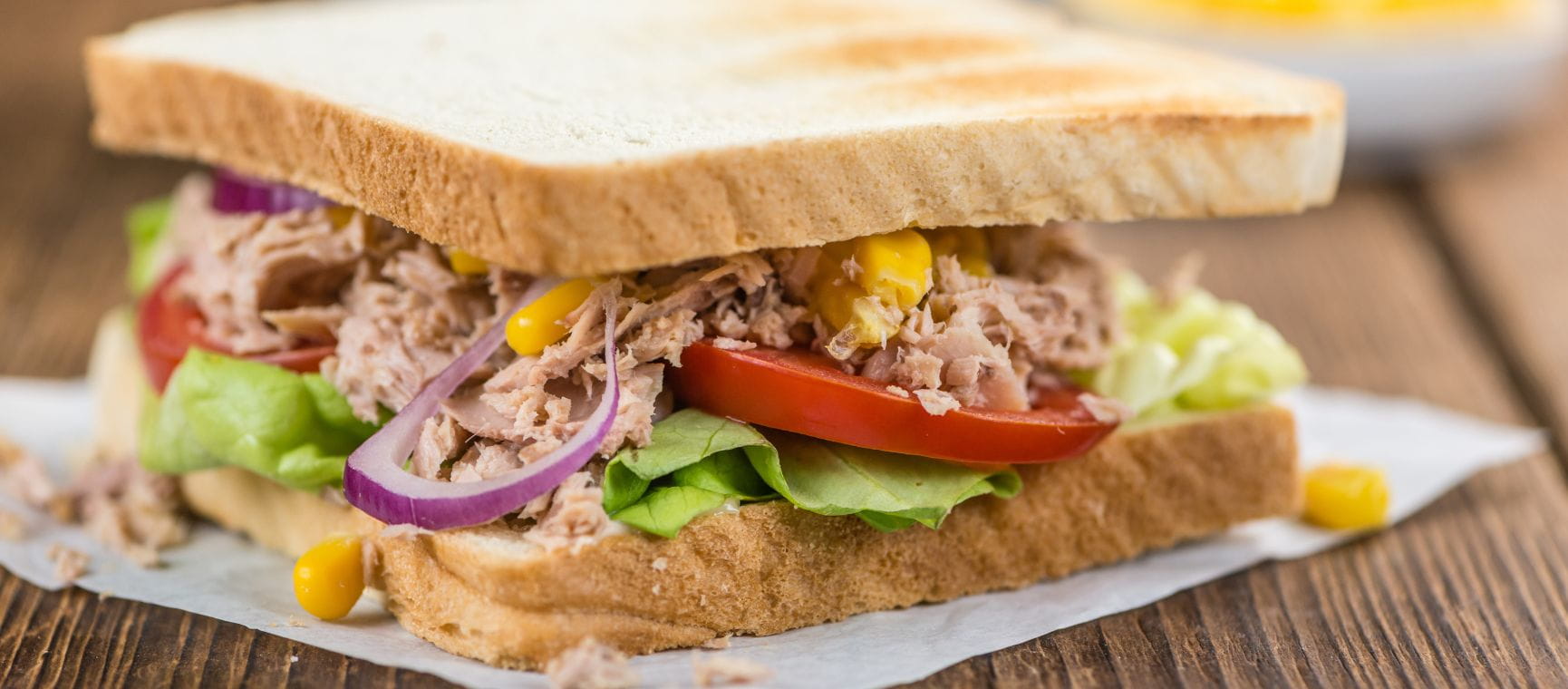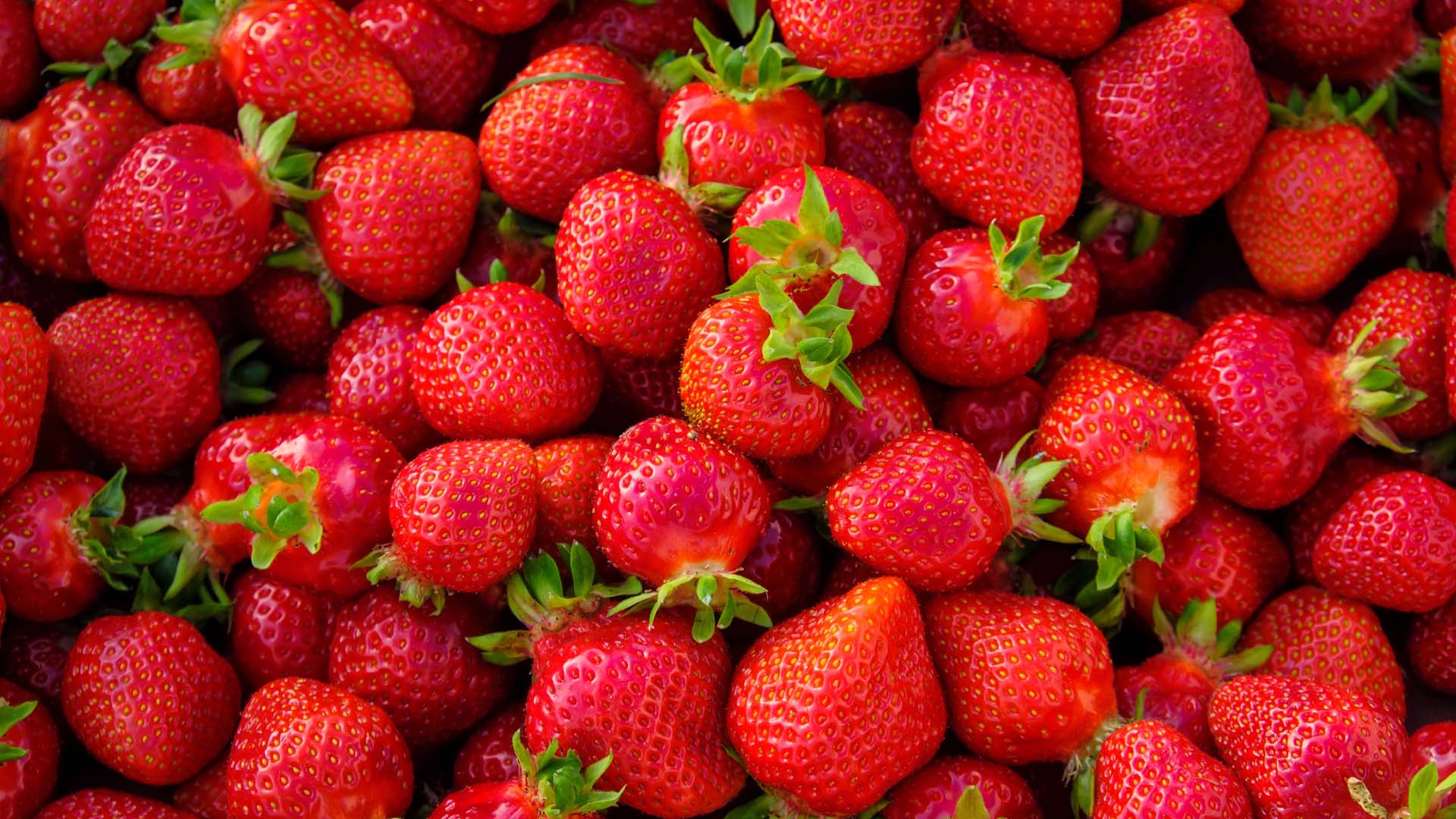
Almost 80% of men and 40% of women will experience hair loss at some point in their lives, and while genetics and ageing are the most common causes of this, there are several other factors that can contribute to thinning hair.
“Hormonal imbalances, such as those related to thyroid disorders, pregnancy, or polycystic ovary syndrome (PCOS), can lead to hair shedding,” says Dr Bessam Farjo, Hair Transplant Surgeon at Farjo Hair Institute.
He continues: “Certain medications, including chemotherapy drugs, antidepressants and blood thinners, can also cause hair loss as a side effect.”
However, your hair loss may also be triggered by less obvious factors, such as diet and lifestyle. If you're noticing more hair in your brush lately, here are five possible causes of hair loss that might surprise you.

Tuna lovers, watch out! Too much mercury can lead to hair problems and fish like tuna and swordfish contain the highest amounts.
“High mercury levels (mercury toxicity) can cause numerous health problems, which may include hair loss,” say Anabel Kingsley, Consultant Trichologist at Phillip Kingsley.
“Mercury is a heavy metal and can be poisonous. If you eat excessive amounts of high mercury fish, like fresh tuna, yellowfin tuna and swordfish, your mercury levels may become elevated, and this could impact your health and your hair – the two being closely linked.”
While the FSA only has recommendations for how much tuna pregnant women should eat – no more than four cans a week - it's worth noting that the effects on hair health can be relevant for people of all ages.

Ironically, what you think is a healthy vitamin routine could be one of the causes of hair loss, if you're taking the wrong supplements or too many.
“I see this most commonly in people who take multiple supplements and don’t cross-check what’s in them,” says Annabel. “For instance, intaking excessive amounts of Vitamin A can cause hair loss.”
Dr Bessam stresses that a healthy, well-balanced diet will benefit your health and hair more than taking supplements.
“Getting nutrients from a well-rounded diet rather than relying heavily on supplements is the safest approach,” he says. “If hair loss occurs after starting a new supplement regimen, reducing intake and consulting a healthcare professional would be recommended
If you are worried about hair loss, the one supplement Annabel recommends is a good all-round multi-vitamin.
“The nutritional demands of hair are unique – it’s non-essential tissue, but also a very needy tissue - so it can be hard to meet its requirements through diet alone. Taking a good all-round multi-vitamin and mineral supplement, as well as a protein supplement, is a good way to support healthy hair growth.”
Your body responds to stress in surprising ways. When you're stressed, your body diverts energy away from hair growth.
“Stress is such a common cause of a type of hair loss called ‘telogen effluvium’ (excessive daily hair shedding)’,” explains Annabel
She continues: “The stress hormone, cortisol, can shorten the anagen (growth phase) of the hair growth cycle and prolong the telogen (resting) stage. This results in more daily hair fall and less density of scalp hair.”
If you’re stressed, you may not be eating properly and so not getting the right nutrients into your body – and hair.

Stress can also aggravate scalp conditions, causing inflammation, which can lead to hair loss.
“Scalp health is vital to hair growth,” says Annabel. “Inflammation and a flaky scalp can contribute to hair loss.”
She suggests taking care of your scalp like you would your skin. As well as shampooing regularly and thoroughly, she also recommends a regular scalp exfoliation.
“Exfoliate your scalp once a week with a chemically exfoliating scalp mask,” she says. “Don’t use masks with large, abrasive particles (like salt), and there’s no need to buy a special scalp massage brush. Some of these can damage your hair and scalp, and really – your fingertips are your best tool.”
While stress can be related to situations beyond your control, deep breathing or yoga can help keep it under control, while also helping those hair follicles to stay strong. Alternatively, chat to friends or message a mental health support service like Shout.
Rapid weight loss can shock the body, and hair is often one of the first areas to show the effects.
“When the body undergoes significant stress, such as sudden calorie restriction or intense exercise, it may redirect nutrients away from non-essential functions like hair growth to prioritise vital organs,” says Dr Bessum.
Thankfully he says that this kind of hair loss is usually temporary, however it can last several months before regrowth begins. His tip? Lose weight gradually and ensure your diet is balanced with the right amount of protein, healthy fats and vitamins.

When it comes to female hair loss, Annabel says one of the common causes she comes across is low levels in certain vitamins and minerals.
“The most common causes of telogen effluvium that I see in women are low ferritin (stored iron) levels and Vitamin B12 and Vitamin D deficiency,” she says. “Crash dieting, skipping meals and inadequate nutrient/calorie intake are also common triggers.”
She also says that while most hair loss for women is genetic, hormonal changes can worsen it, especially if you are also stressed.
If you're unsure whether your iron or vitamin levels are low, consult your GP, who can order a simple blood test.
"If hair loss is sudden, excessive, or comes with other signs like scalp pain, itching, or redness, it's time to talk to a doctor," says Dr Bessum.
Some health conditions like lupus or thyroid problems can make your hair fall out. And if you notice patchy hair loss alongside scaling, it might be ringworm.
Dr Bessum says it's also important to think about the emotional impact of your hair loss.
"If your thinning hair is making you feel bad about yourself or hurting your confidence, seeing a specialist can help you understand what treatments might work for you," he says.>
Jayne cut her online journalism teeth 24 years ago in an era when a dialling tone and slow page load were standard. During this time, she’s written about a variety of subjects and is just at home road-testing TVs as she is interviewing TV stars.
A diverse career has seen Jayne launch websites for popular magazines, collaborate with top brands, write regularly for major publications including Woman&Home, Yahoo! and The Daily Telegraph, create a podcast, and also write a tech column for Women’s Own.

Health insurance for people over 50 that provides a quicker route to diagnosis and planned medical treatment in a private facility.
Underwritten by Bupa Insurance Limited.

Everything you need to know about protein, from what it does for your body to the best high protein foods – and how much you really need.



Let’s roast the myths! Not only are nuts less fattening than once feared, research shows they can cut the risk of heart disease too



Strawberries don't just taste and look great, they are full of fibre, help your heart health and may even stave off dementia.

Looking after your gut health could be one of the biggest things that you can do for your overall health. Here are the best foods to keep your gut happy.

The foods that could help you live longer and protect against chronic illness.